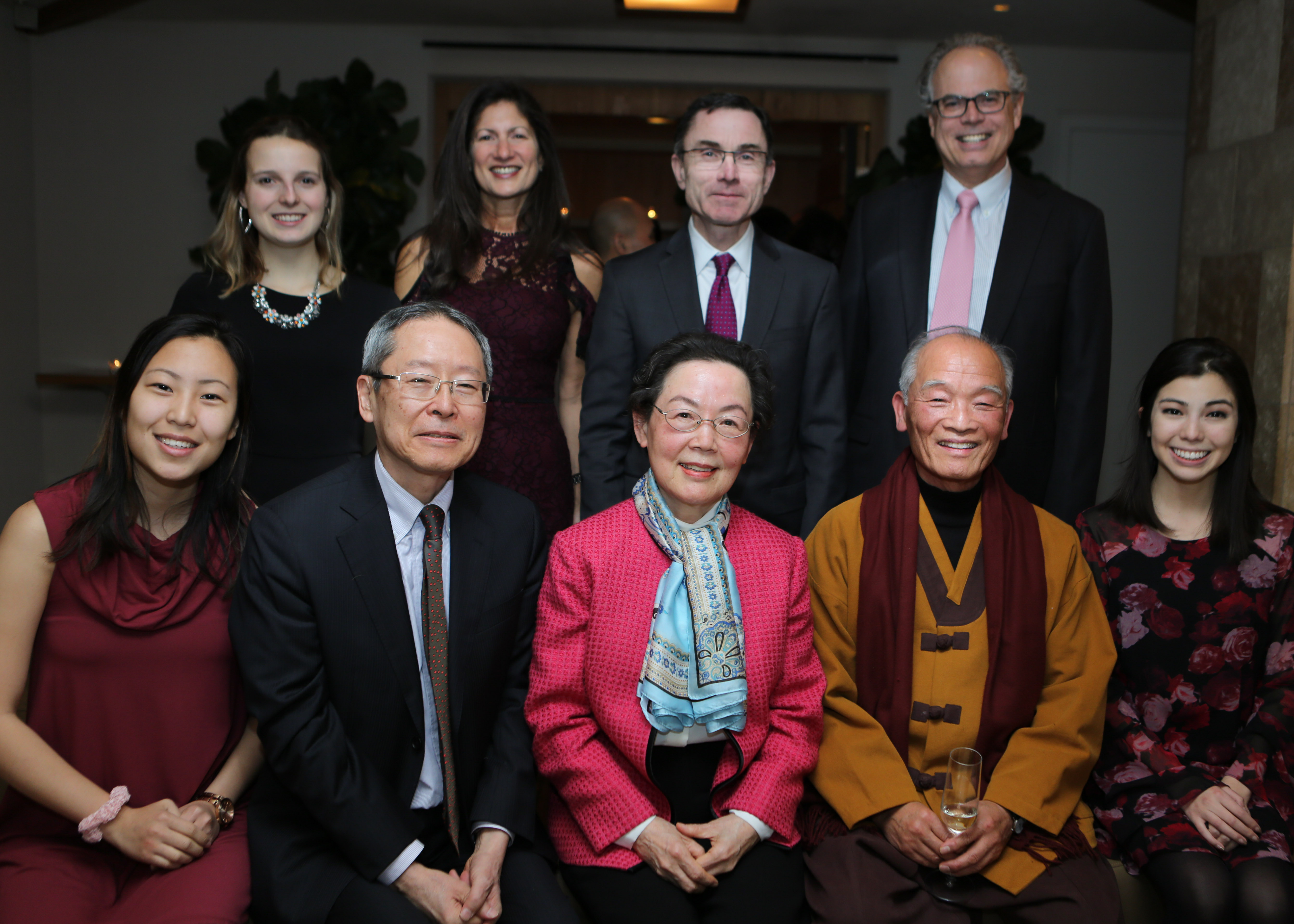The Department of East Asian Languages and Cultures invites applications for a Lecturer in Discipline in Chinese history, literature, or visual culture, to begin July 1, 2018. The Lecturer in Discipline will be expected to be the MA Program Director in East Asian studies. The successful candidate will teach Chinese Civilization (a Columbia College Global Core course), a methodology course, and course in his or her specialty. This is a full-time, renewable position with multi-year renewals contingent on successful reviews. PhD at the time of appointment required.
Review of application will begin immediately and preference will be given to applications submitted by April 15, 2018.
academicjobs.columbia.edu/applicants/Central?quickFind=66047



